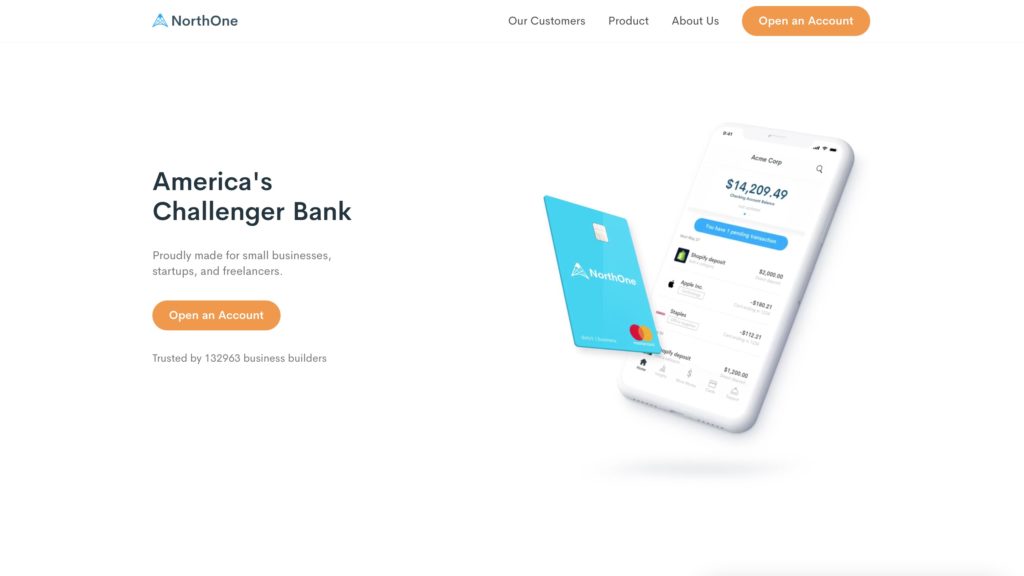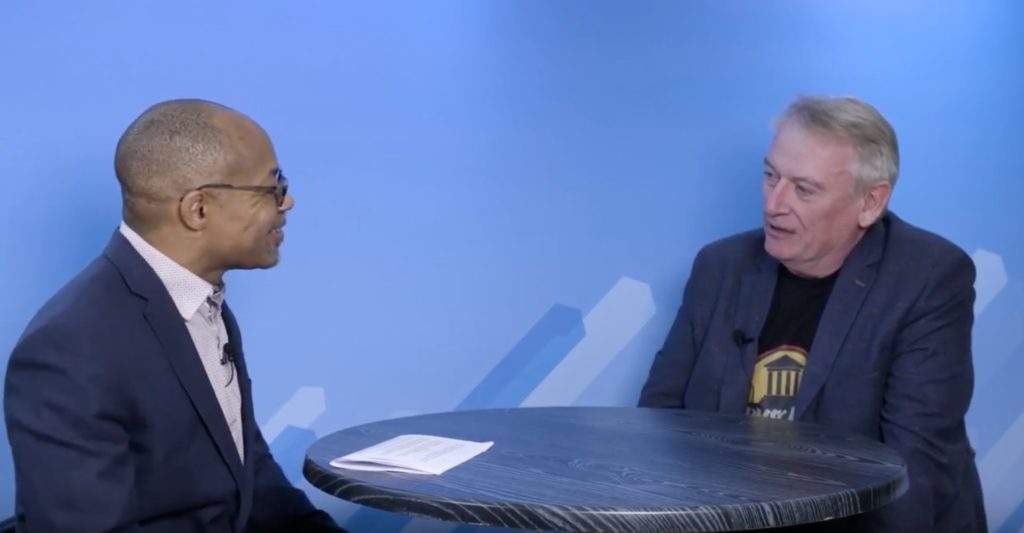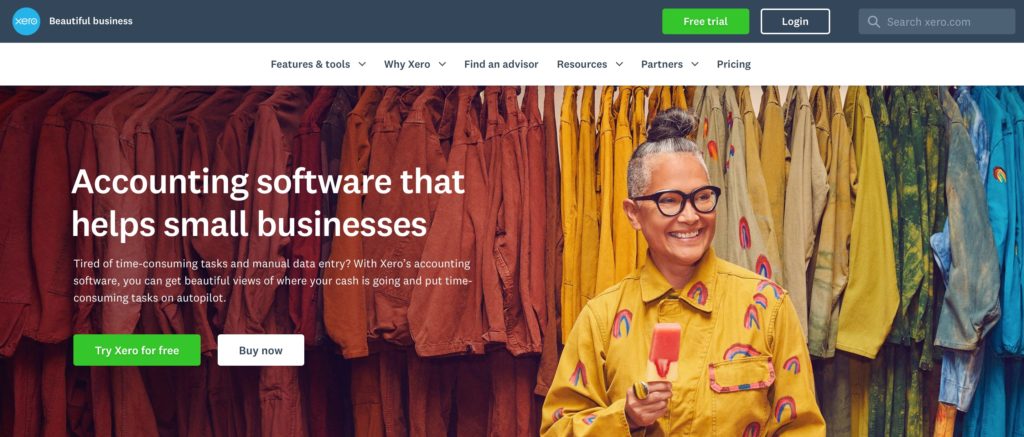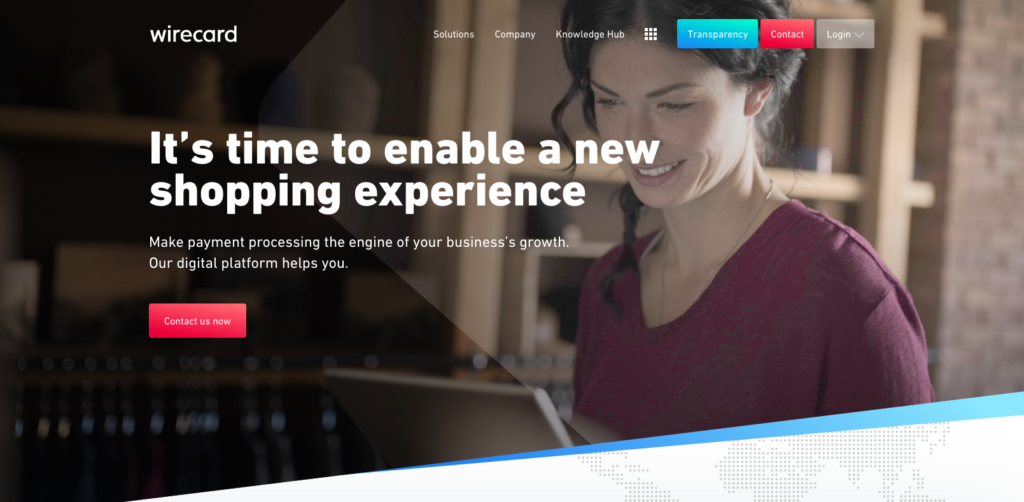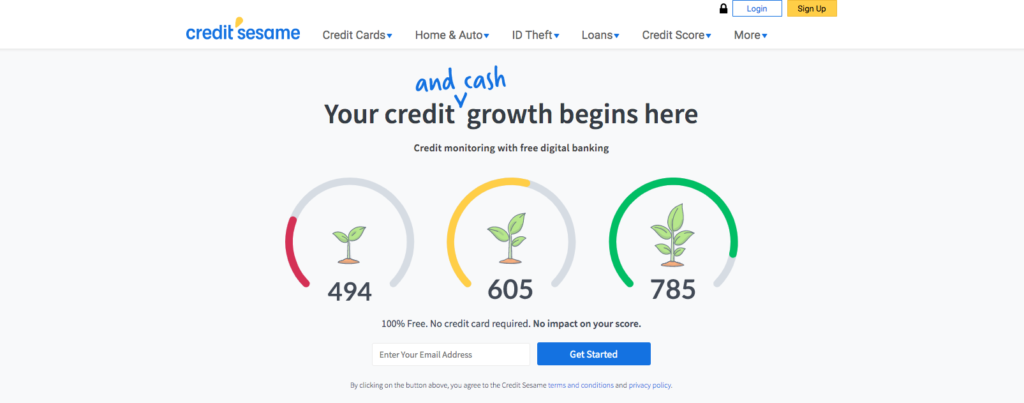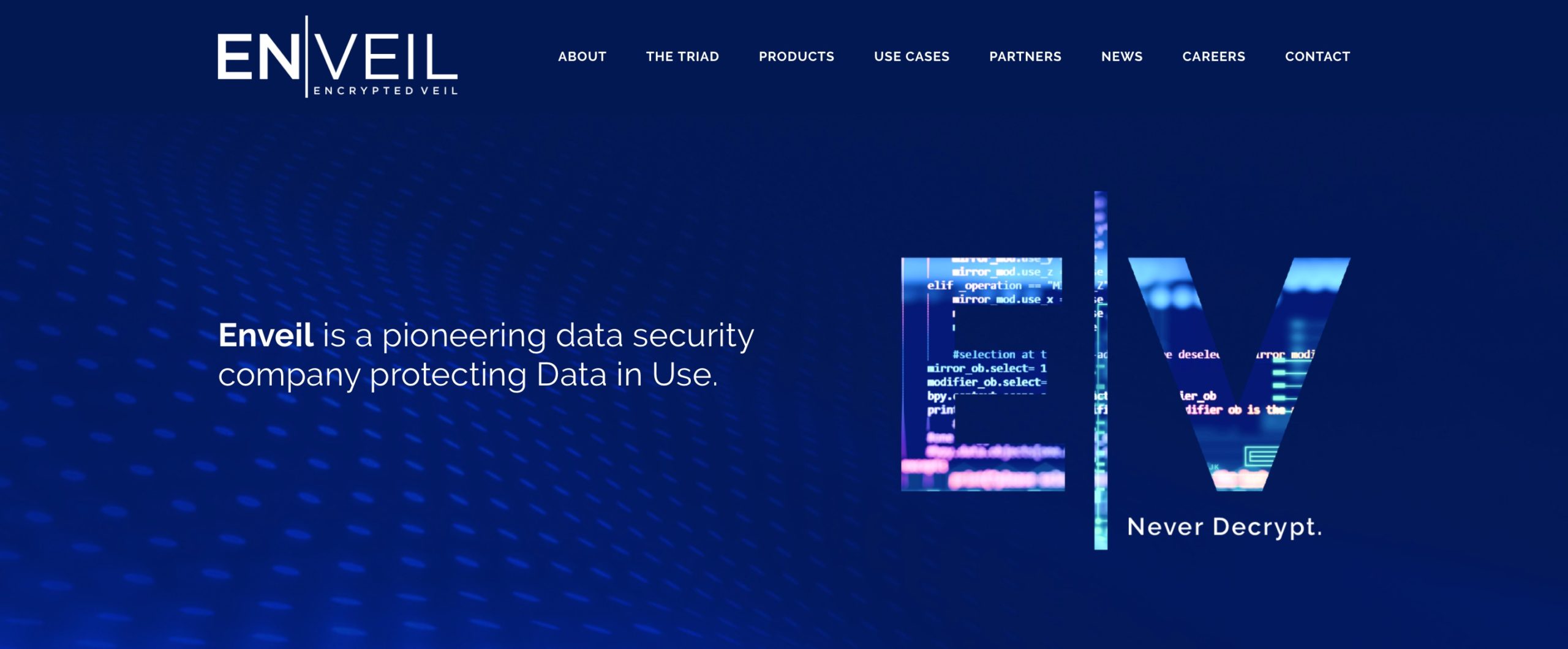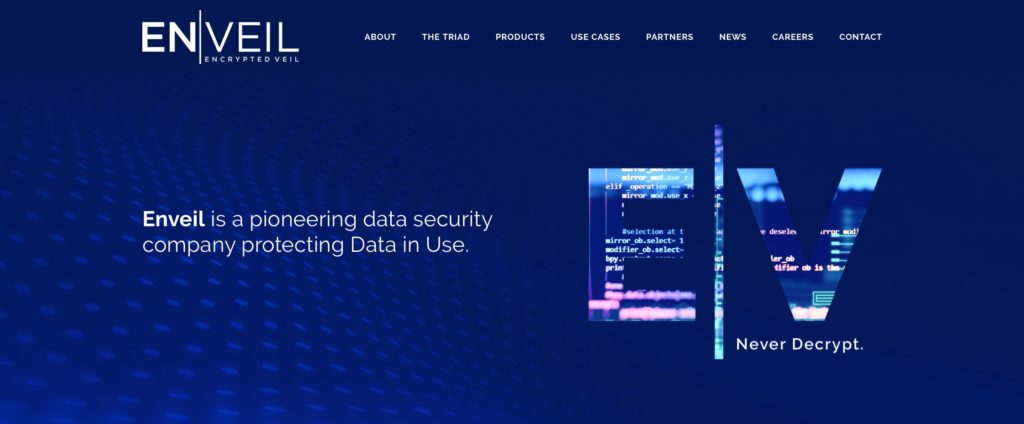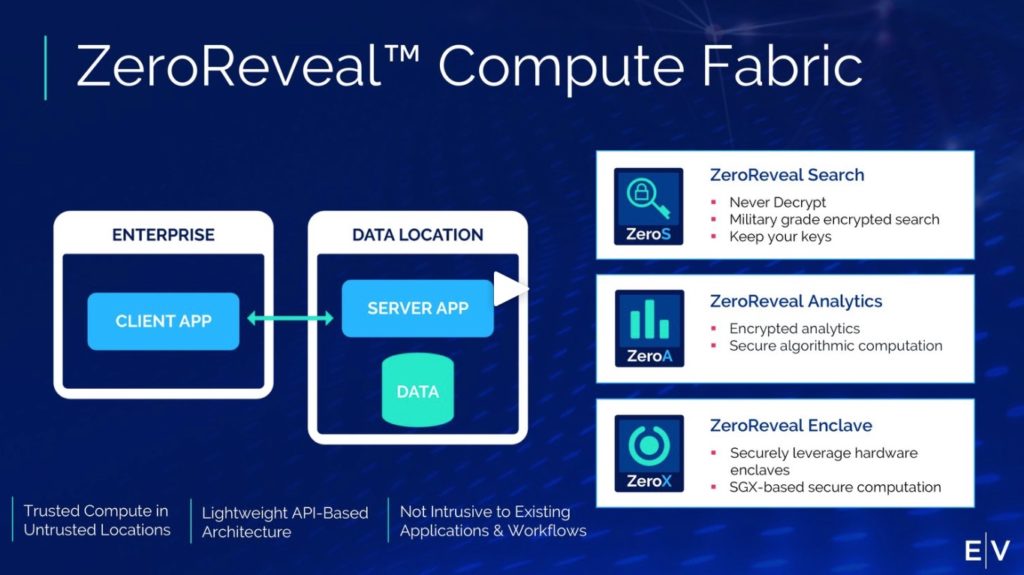
What does it take to create an event with true gender diversity? In this piece, Finovate Content and Strategy Director Adela Knox, who was recently named the Goodwill ambassador for the European Women Payments Network (EWPN), explains how she gets the balance right.
Finance leaders have predicted this year could mark a turning point for gender diversity in the banking and finance sector as pressure is mounting and gender pay gap reporting galvanizes efforts to promote more women.
The financial services industry is making progress on gender balance in the workforce. Mindsets are changing and, as a result of hard work and commitment, progress is starting to be reflected in the numbers. Finovate has always advocated for gender diversity at our events globally to support the overall industry change and market shift happening within the fintech sector. There is still a long way to go to create an environment in which women have equal access to opportunity and positive outcomes but we at Finovate are eager to support the industry change every step of a way.
Our team made a commitment to pledge to only run events with mixed-gender panels. As a result a considerable amount is being done to challenge the prevalent all-male conference panels. We provide women in fintech with an opportunity to bolster their profile and to be taken seriously. The gained visibility and platform become fundamental to getting women into the boardrooms and ultimately build their network and advance their careers.
We focus on an equal female-to-male ratio during our speaker acquisition phase and we also proactively support gender equality at our events while running Women in Fintech forums with the goal to empower women in financial services and technology.
The Women in Fintech forums are compiled of networking evenings, workshops, panel discussions, keynote presentations, and debates offering dialogue-driven sessions and initiatives to promote diversity and gender equality at the workplace and educate on why encouraging it matters. Topics include: What is diversity in the workplace? What are the benefits and challenges of diversity in the workplace? How can we manage diversity in the workplace? What should hiring, policies, & practices look like? How can we promote gender equality at workplace? etc.
We collaborate with various industry bodies and associations who strive to create more opportunities for women and minorities, as well as being a champion for a more diverse and inclusive industry for all. Some of the groups that we collaborate with include the European Women in Payments Network (EWPN), Women in Fintech NY, and Women in Fintech SF.
This is an ongoing effort and we at Finovate are passionate to constantly grow and elevate our initiatives globally.
Recently, i had an opportunity to interview Isil Ugurlu, the German Ambassador of EWPN, while running yet another Women in Fintech forum at the annual FinovateEurope 2020 in Berlin, about what it means for the organisation to collaborate with event organisaers like Finovate. You can watch the interview here:
To promote the gender goal of 50/50 diversity in financial services, women who register by this Friday, March 13, can purchase a ticket to any 2020 Finovate event at a 50% discount. Just enter the code EQUALITY on the booking form.





